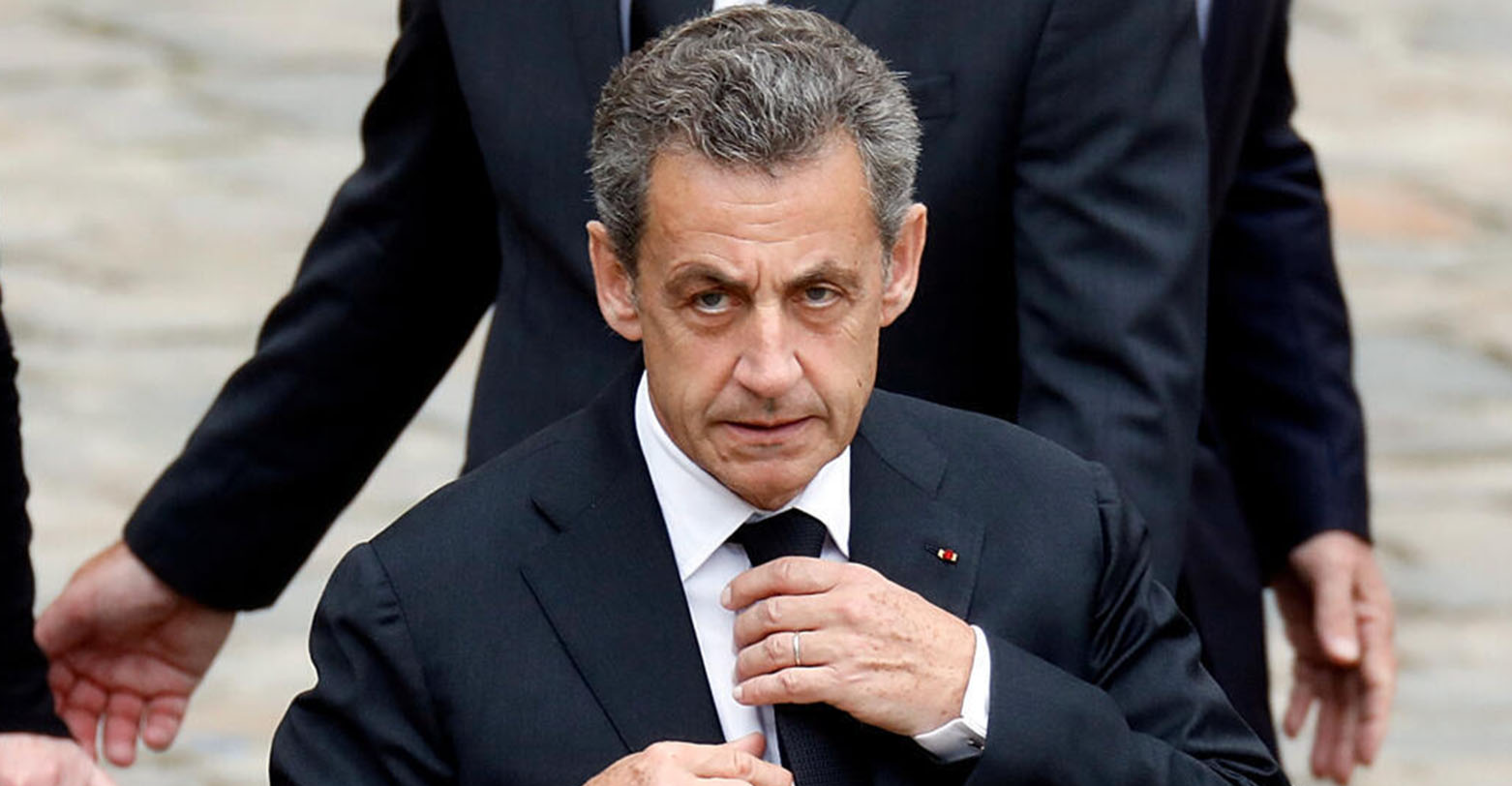The Punishment Awaits Sarkozy.. "La Santé" in Paris is a Possible Destination in a Historical Paradox

Days after a court ruling sentenced former French President Nicolas Sarkozy to prison for financing his election campaign from Libya, attention is turning to the prison where he will serve his sentence, while estimates from experts in the French judicial system suggest that "La Santé" prison in Paris is the most likely candidate to receive him.
The ruling against Sarkozy, which has caused a wide stir both inside and outside France, reignites the debate about the fate of prominent political figures within correctional facilities.
French authorities have not officially announced the location of the former president's detention yet. However, the historic "La Santé" prison, which previously hosted figures like the notorious militant Carlos "the Jackal" and former Panamanian dictator Manuel Noriega, seems to be the most prominent option. Wilfried Funk, a representative of the prison guards' union, explained that the prison has a wing designated for "at-risk individuals," known as "VIP cells," where Sarkozy's former aide Claude Guéant was previously held.
In this wing, as Funk explains, "inmates have a single cell, unlike regular cells that house three people, and they are allowed to go out individually to the prison yard for security reasons." However, the basic living conditions do not differ much, as the cell size ranges from 9 to 12 square meters.
The historic prison has recently undergone a comprehensive renovation, as noted by Julian Fischmeister from the International Prison Observatory branch in France, who believes that these renovations have made "La Santé" better than many other prisons. "Since the renovation, every cell is equipped with a private shower, in addition to a landline phone. Inmates can also get a television for 14 euros a month," he added. "Meals are delivered directly to them, with the option to purchase products to prepare food inside the cell."
Fischmeister sees Sarkozy's case as a precedent, stating: "The case reflects for the first time the entry of a figure from the privileged political class into prison, while these circles have often been accustomed to escaping punishment."
Despite Sarkozy's expected status, he will not be immune to the structural problems facing French prisons. According to data from the Ministry of Justice up to last August, "La Santé" suffers from severe overcrowding, hosting 1,243 inmates in a facility with a maximum capacity of only 657 residents.
Security reports reveal a darker reality, with police confirming that some inmates "manage drug trafficking networks from inside their cells via smuggled phones, and also use them to issue orders to eliminate their rivals." In fact, some "have managed to order sushi and kebab meals delivered to them via drones," according to video recordings and official statements.
These expectations come at a pivotal time, as Gérald Darmanin, the current Minister of Justice and a close political ally of Sarkozy, leads a government campaign to tighten detention conditions for dangerous prisoners.
The case also draws attention to prison conditions in France, which were recently spotlighted by coordinated attacks targeting several prisons earlier this year, attributed to a group on "Telegram" calling itself "French Prisoners' Rights" aimed at highlighting the poor conditions of inmates.